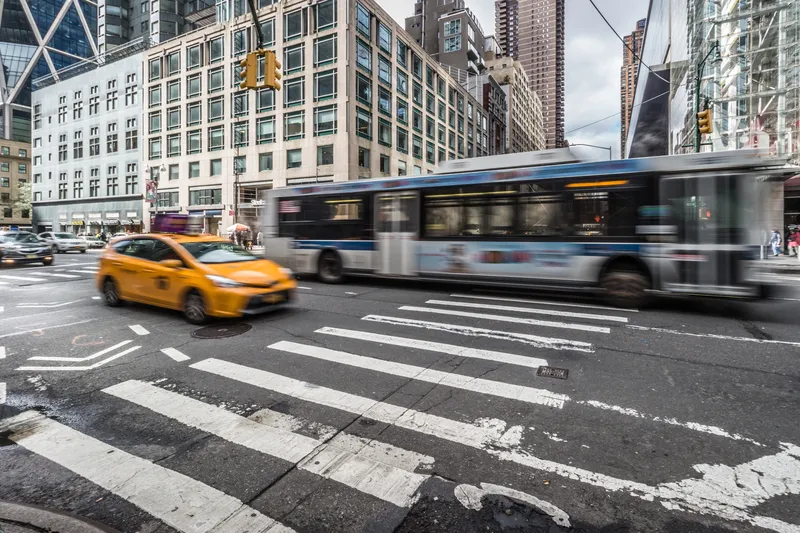
Hayden AI and Snapper Services have partnered to provide in a single package data analysis for public transport providers.
The two companies said that by leveraging Hayden AI’s mobile perception platform installed on buses for transit zone enforcement with Mosaiq Insights, Snapper’s analytics platform, transit agencies will have new insights from new and existing data sources.
Both companies specialise in delivering actionable data intelligence for transport authorities. Hayden AI’s platform has demonstrated success in improving road safety, transit reliability, transportation accessibility for people with disabilities, and sustainability.
Meanwhile, Snapper’s Mosaiq platform is used by transport providers globally to understand trends impacting punctuality and service delivery.
“Hayden AI’s vision AI platform gives transit agencies a highly location-accurate understanding of where illegal parking obstructions of bus lanes and bus stops occur,” said Chris Carson, Hayden founder and chief executive.
The partnership with Mosaiq will take that understanding a level deeper and “show our customers how illegal parking events impact transit service – and how changes in driver behaviour resulting in fewer illegal parking events improve service reliability and road safety”.
“Mosaiq Insights does the heavy lifting to analyse on-time performance,” said Miki Szikszai, chief executive of Snapper. “It then presents it back in intuitive dashboards to help transit authorities and operators pinpoint the highest priority areas for improvement in their network. By partnering with Hayden AI, we are empowering analysts to discover why those delays are occurring, so they can take meaningful steps to improve the passenger experience”
Hayden AI will demo its technology platform at Intertraffic Amsterdam from 16-19 April.










